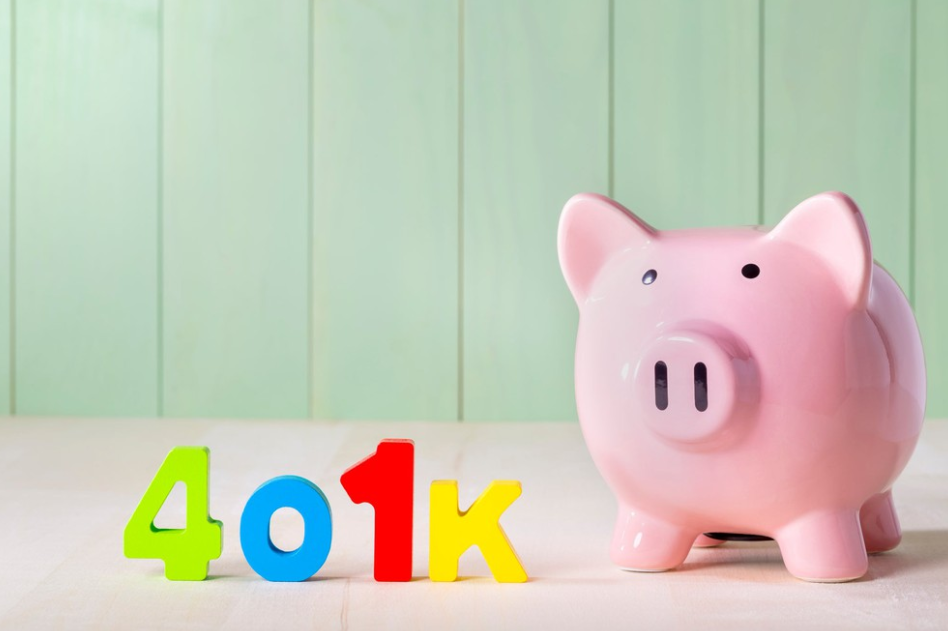
If you have access to a 401(k) at work, chances are that this will be one of your most important retirement accounts, if not the most. Many workers put most or all of their retirement savings into a 401(k), which can make sense because it’s convenient, comes with generous tax savings, and often offers an employer match.
Unfortunately, many people socking away money in their 401(k) aren’t quite approaching the process with the correct mindset. In fact, 64% of Americans putting money into a 401(k) view themselves as savers rather than investors, according to a 2019 Schwab survey. Here’s why that’s a problem.
You need to be a smart investor to build a big enough nest egg
Most 401(k)s give you a choice of just a few investments, which could help feed the mindset that you’re a saver rather than an investor. But you still need to evaluate these funds as an investor would.
You need to assess the details of each potential investment, including how it has performed over time, what level of risk you’re taking on, and what fees you’re incurring when buying in. And most importantly, you also need to look at the potential for investment growth.
If you’re too risk-averse because you see yourself as a saver rather than as an investor looking for good returns, you could end up with the wrong mix of investments and earn returns that are too low to provide for your future. This is a big problem for many 401(k) participants, as research has shown the majority of plan participants don’t feel knowledgeable about investing and aren’t willing to take on greater risks to get a better return on investment — even if these risks are reasonable.
Investors also know to keep tabs on their investment allocation, while people focused on savings alone tend to invest their money and forget it. While you don’t have to look at your 401(k) every day, you do want to actively manage it. This means reviewing your asset allocation at least once a year and rebalancing your portfolio as your risk tolerance changes with age, or if you find yourself too heavily invested in a particular type of assets.
While you could opt to invest in a target-date fund that takes care of rebalancing your portfolio for you, this may limit your investment options, lead to higher fees, and potentially result in a smaller return than you’d receive if you put together your own personalized investment portfolio within your 401(k).
You owe it to yourself to become an educated investor
Since your 401(k) will likely be extremely important in your later years, you need to make smart choices about how to allocate your assets in this retirement account.
Building a diversified portfolio and taking on an appropriate level of risk can make all the difference when it comes to building a big enough retirement nest egg. To make sure you have enough, get into an investor mindset (if you haven’t already) and take a close look at your 401(k).


